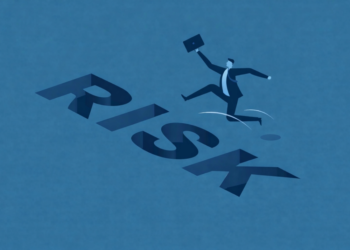In a significant legal showdown, Meta, the social media giant, is facing the heat from more than 40 states. They’ve accused the company of intentionally creating products that get young people hooked and contributing to a widespread mental health crisis among them.
These lawsuits claim that Meta has been misleading the public about how harmful its platforms, Facebook and Instagram, can be, especially for kids. It’s like the lawsuits back in the 1990s against Big Tobacco that led to new rules on tobacco marketing.
Professor Jean Twenge from San Diego State University hopes that these lawsuits will push Meta to make some necessary changes. She draws a parallel, saying that just as we now frown upon people smoking, we might someday feel the same about young kids using social media.
More than 30 states have teamed up in a federal lawsuit against Meta, while others like Arizona, New York, and West Virginia have also gone after the company. They all claim that Meta put profits above safety, deliberately getting as many young users addicted to their platforms. They argue that Meta’s features mess with young people’s minds, with things like algorithms deciding what they see, the “like” button, and endless scrolling.
These legal actions aim to label Meta’s design as illegal under state consumer protection laws, which could mean hefty fines. They’re also pushing for court orders to make Meta change Facebook and Instagram to be safer for young users.
Normally, social media companies are protected by something called Section 230, which shields them from legal responsibility for what users post. However, experts believe Meta might use this as a defense. The state prosecutors, though, have crafted their lawsuits carefully, focusing on consumer protection and child safety laws rather than user-generated content to get around Section 230.
In response to these lawsuits, Meta’s spokesperson, Nkechi Nneji, said the company wants to provide a safe experience for teens online and has added features to support young users.
These lawsuits come after the Wall Street Journal revealed that Meta knew about the harm Instagram was causing to teens’ mental health, especially girls. The connection between social media and teens’ mental health has sparked a big debate. Some experts, including Professor Twenge, believe that social media is a major cause of the doubling in teen depression, even when other things were improving.











